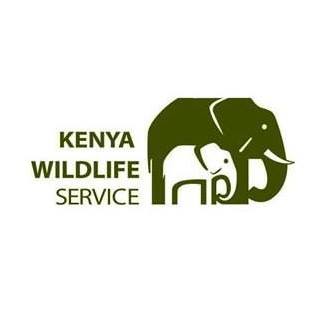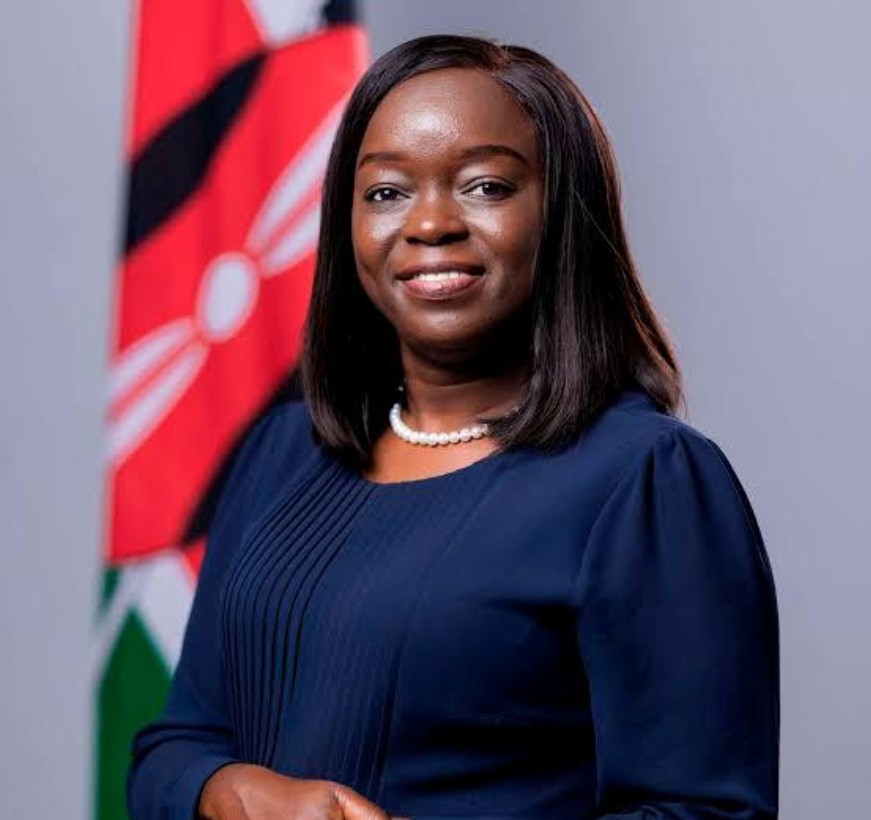Kenya Wildlife Service(KWS) has introduced a conservation fee system aimed at promoting inclusivity, financial resilience and increasing tourism experiences and services within the national parks and reserves.
People living with disabilities have been exempted from the park entry fees. Children under the age of five and East African citizens will also enjoy free access. Tourist frontline workers including boat crews, porters, drivers and guides will benefit from free access to the parks due to the vital role they play in the tourism sector.
During a validation forum for the Wildlife Conservation and Management (Access and conservation Fees Regulations 2025), KWS Director General Prof Erustus Kanga highlighted the need for more resources to safeguard wildlife in Kenya.
Prof Kanga shared,“Conserving a lion in Tsavo, guiding a turtle hatchling in Watamu, or securing our parks requires serious resources. In the absence of sustainable finance, conservation remains a dream deferred,”
The new fee system is projected to increase annual conservation from Ksh 7.98to Ksh 16.5 Billion by 2028. Prof. Kanga explained that the funds will be used to improve ranger operations, visitor amenities, rehabilitate the habitats and support the communities that coexist with the wildlife.
Visitors will also enjoy new activities including adventure tourism, animal tourism, cultural tourism and conservation volunteering. These new experiences will encourage longer tourist stays, and create more opportunities for people within the wildlife economy as well as boost local economies. Prof Kanga noted that part of the revenue would be channelled towards upgrading infrastructure including toilets, roads and rest stops to international standards.
He appealed to ministries and other key industry players for collective support stating, “That kind of regulation is the bridge between the Kenya we are today and the Kenya we are to be tomorrow a nation where wildlife thrives, communities prosper, and future generations inherit a living heritage,”
The forum also provided stakeholders an opportunity to compare proposals with national-level public participation forums, ensuring the regulations reflect the voice of Kenyans.





